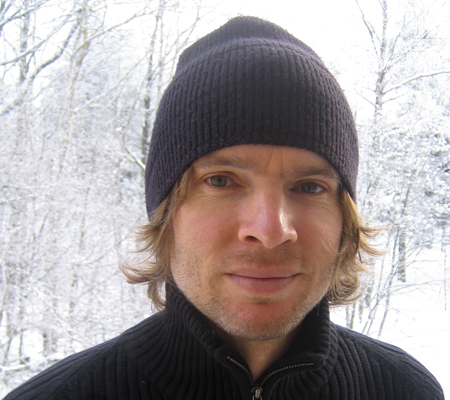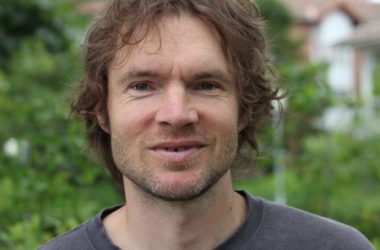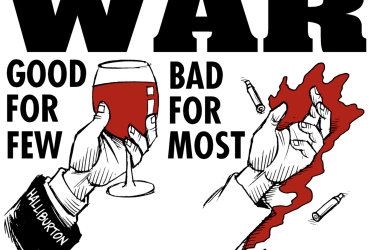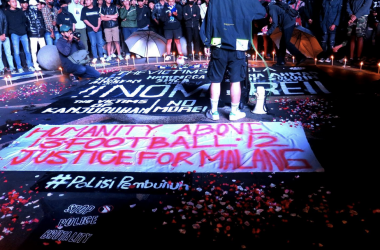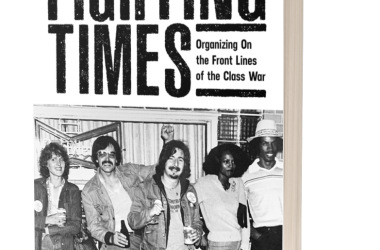By Gabriel Kuhn
Germany is without doubt the country with the highest density of publications on the politics of soccer. Publisher Die Werkstatt alone lists numerous relevant titles.
However, tiny Sweden (we are talking population) is making headways. Just a couple of months after the release of Ingen jävla hjälte, a book about the antifascist Malmö FF supporter Showan Shattak who was almost killed by neo-Nazis, journalist Ekim Caglar is offering a volume titled Propagandafotboll, which explores the ways in which football personalities have used their fame to propagate political causes. The book was published by Leopard förlag which, in 2015, already released a tribute to the Swedish women’s squad, titled “The Real National Team” (Det riktiga landslaget) and penned by the entertainer Moa Svan.

Caglar – a contributor to the PM Press release Playing as if the World Mattered – is well-versed in international football, but particularly knowledgeable about the game in Sweden and Turkey. Both countries have their own respective chapter in his book, alongside broader ones about Europe and Latin America and about the relationship between football and politics in general. Caglar portrays 49 football personalities (players, managers, and even one referee) who also were – or are – political activists, reaching from the far right to the far left. We encounter the fascist sympathizer Paolo di Canio as well as the communist striker Cristiano Lucarelli; the British loyalist Andy Goram as well as the left-wing intellectual Albert Camus.
It is unfortunate that the audience of the book will be confined to Swedish-speakers, as its appeal extends way beyond the country’s borders. At the book’s launch in Stockholm on January 17, Caglar reminded the audience in a talk with award-winning Swedish football journalist Erik Niva – himself a contributor to the PM Press release Soccer vs. the State – that it might be much harder to write similar books in the future. In response to a question by Niva about the impact of modern (highly commercialized) football on politically conscious athletes, Caglar said: “Even more so than before, players are expected to be entertainers. No edges, no controversy. If involvement in public affairs is approved of at all, then in the form of humanitarian messengers, the likes of Didier Drogba. But anything ideological? I think we will see this less and less.” With all due respect to Caglar’s opinion, I hope that, in this case, he is wrong.
(January 2017)
More blogs from Gabriel | Back to Gabriel Kuhn’s Author Page

